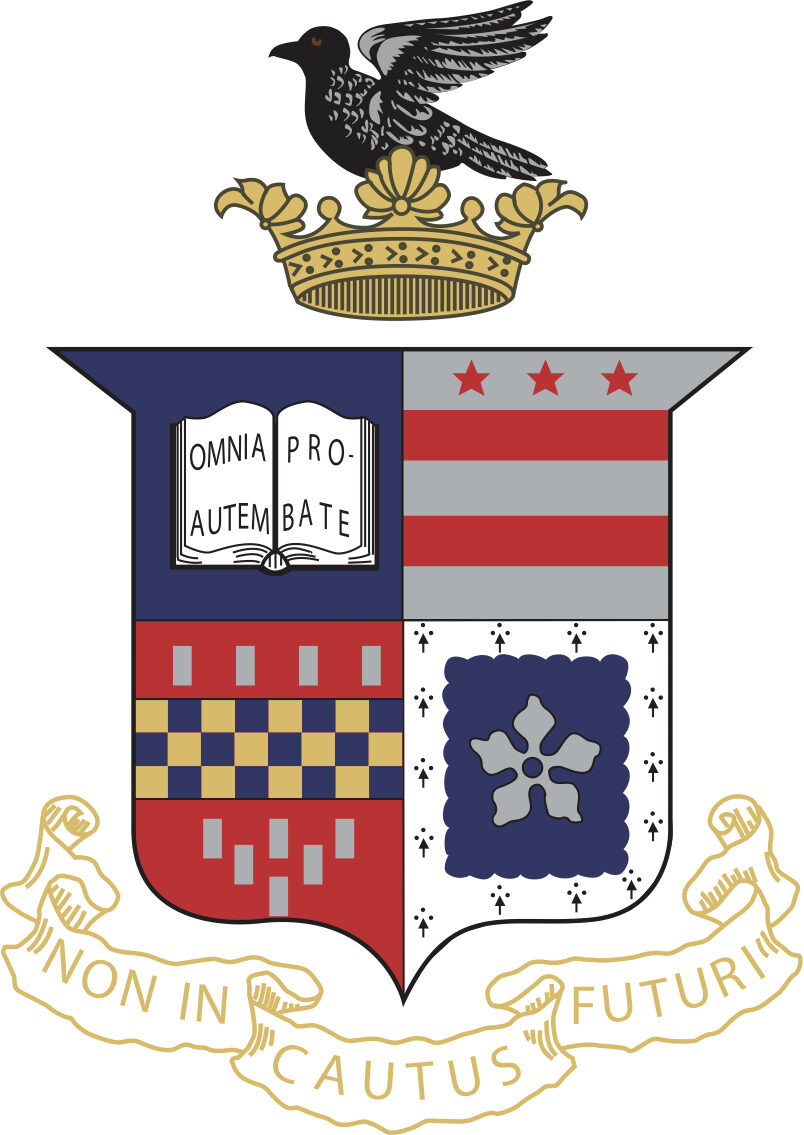Alabama has joined the growing number of states determined to overturn Roe v. Wade by banning abortion from conception forward. The Alabama Human Life Protection Act subjects a doctor who performs an abortion to as many as ninety-nine years in prison. The law has no exceptions for rape or incest. It redefines an “unborn child, child or person” as “[a] human being, specifically including an unborn child in utero at any stage of development, regardless of viability.”
When states define natural personhood with the goal of overturning Roe v. Wade, they are inadvertently creating a system with two-tiered fetal citizenship. This is because Roe and Planned Parenthood v. Casey create a federal floor for access to the right to choose—a rule that some ability to abort a fetus exists in the United States. If these cases are overturned, that eliminates only the federal right to abortion access. Overturning Roe would not prohibit a state from continuing to allow access. In a post-Roe world, in states like New York that ensure the right to choose through their constitutions and statutes, citizenship will begin at birth. In states that move the line to define life as beginning as early as conception, personhood and citizenship will begin as soon as a woman knows she is pregnant.
Trying to define citizenship and personhood based on the laws of each state creates some far-fetched and even ridiculous scenarios. If we follow that logic, we will tie our Constitution into a knot no court can untangle.
This Article was originally published in The Washington Post on May 19, 2019. It has been edited and updated prior to its publication in the Washington and Lee Law Review.
